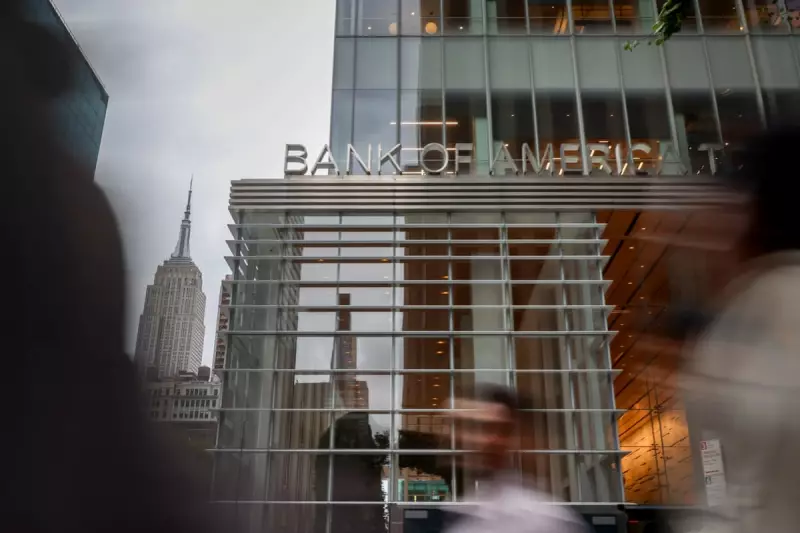
Two of the world's most prominent financial institutions, JPMorgan Chase and Deutsche Bank, are confronting renewed legal pressure over their connections to the late disgraced financier Jeffrey Epstein.
The Allegations: Banking for a Predator
According to newly unsealed court documents, the banks face allegations that they knowingly provided essential banking services to Epstein's sex trafficking operation for years. The lawsuits claim financial executives turned a blind eye to numerous red flags while processing suspicious transactions.
"These institutions allegedly facilitated the monetisation of abuse," noted one legal expert familiar with the case. "The core question is how much they knew, and when they knew it."
JPMorgan's Extended Relationship
Court filings reveal JPMorgan maintained Epstein as a client until 2013 - four years after his initial conviction for sex offences. During this period, the bank allegedly processed millions in suspicious cash withdrawals that prosecutors argue funded his illegal activities.
Deutsche Bank's Compliance Failures
Deutsche Bank, which took Epstein on after JPMorgan severed ties, faces similar accusations. Internal documents suggest compliance officers repeatedly flagged concerns about transactions linked to young women and cash payments, yet the relationship continued until Epstein's 2019 arrest.
Legal Ramifications and Financial Exposure
The lawsuits, brought under the Trafficking Victims Protection Act, could expose both banks to significant financial penalties and further reputational damage. This comes amid increased regulatory scrutiny of how financial institutions monitor high-risk clients.
Both banks have previously settled related claims, with JPMorgan paying $290 million to victims last year and Deutsche Bank agreeing to a $75 million settlement. However, these new cases suggest the legal fallout is far from over.
Broader Implications for Banking Compliance
This ongoing litigation highlights continuing questions about corporate responsibility and ethical banking practices. Financial institutions face increasing pressure to implement robust due diligence processes, particularly for high-net-worth clients with controversial backgrounds.
As one compliance specialist observed: "The Epstein case has become a watershed moment for the financial industry. Banks can no longer claim ignorance when warning signs are this apparent."





